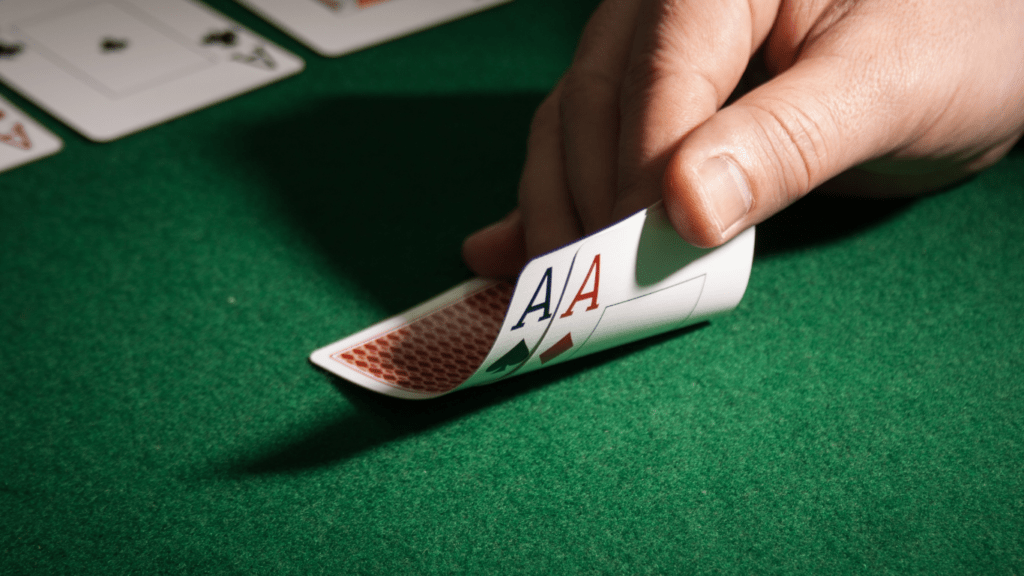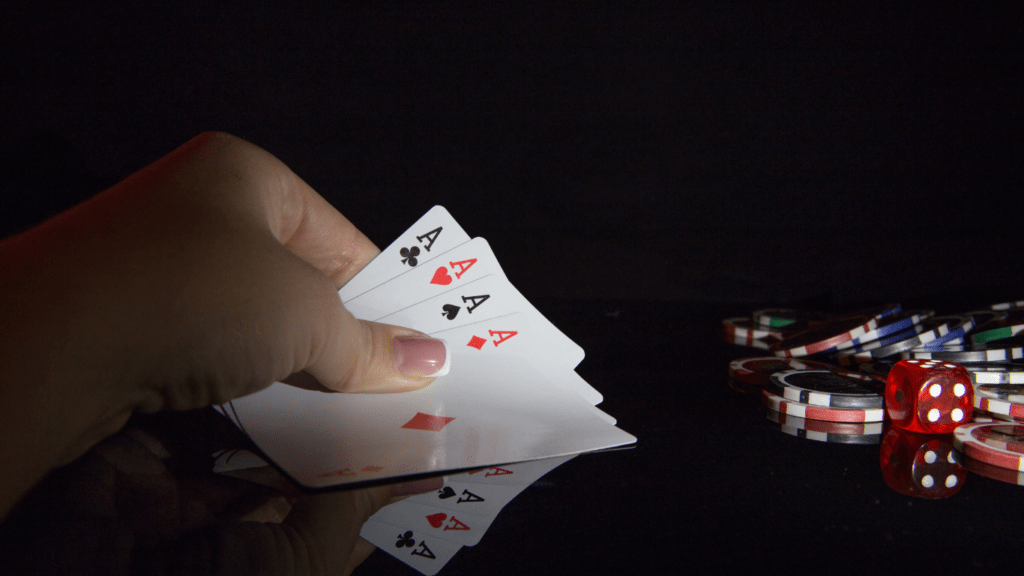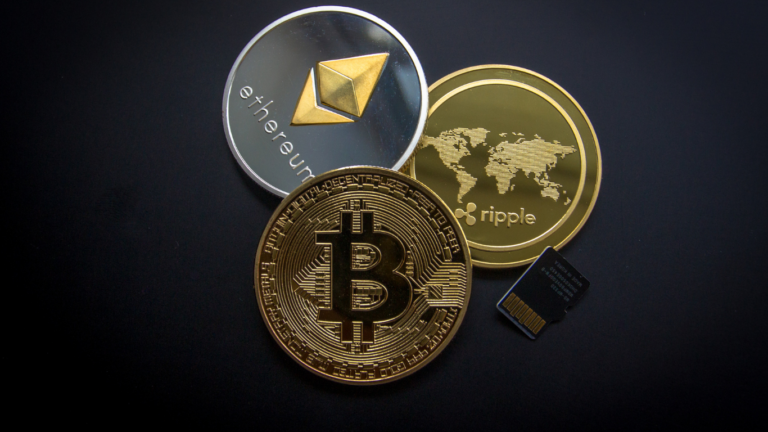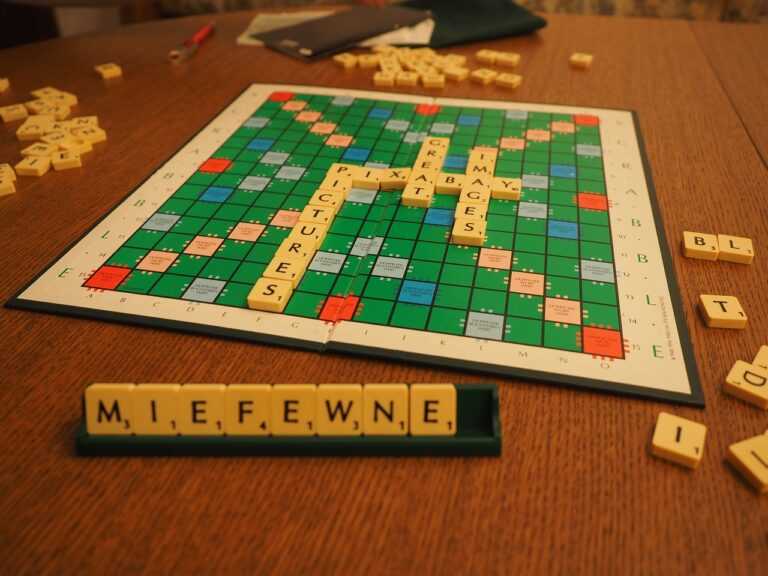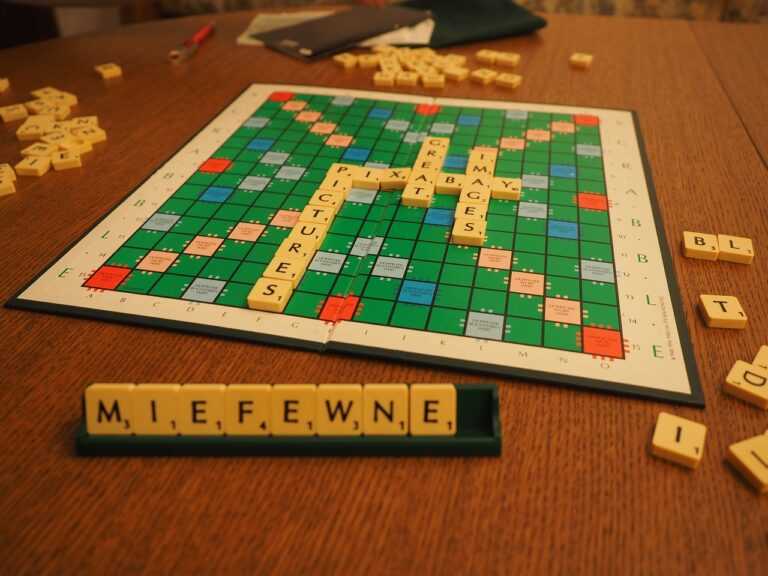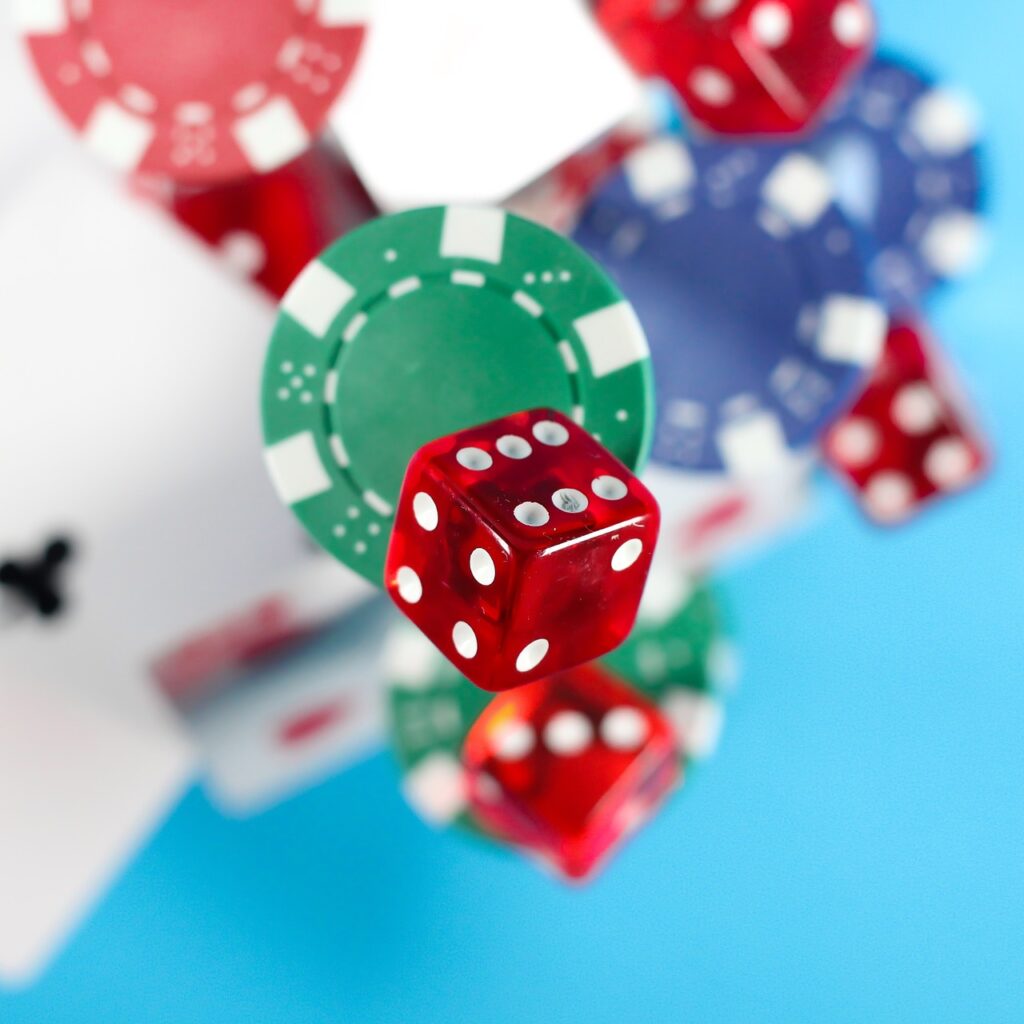Have you ever wondered what sets apart successful poker players from the rest? In the high-stakes world of poker, it’s not just about the cards you’re dealt; it’s about the psychology behind the game. As a seasoned player and observer of the poker scene, I’ve delved into the intricate web of strategies that lead to victory at the table.
Understanding the psychology behind winning strategies in poker is like unlocking a hidden treasure chest of knowledge. From reading your opponents’ body language to mastering the art of bluffing, every move in poker is a calculated step towards outsmarting the competition.
Join me as I explore the fascinating world of poker psychology and reveal the secrets behind what it takes to emerge victorious in this thrilling game of skill and strategy.
Understanding the Mind in Poker
In the world of poker, understanding the psychological aspects is crucial for success. Let’s delve into the intricate workings of the mind in poker play.
Analyzing Emotional Intelligence in Poker Players
- Emotional Intelligence in Poker: Mastering emotional intelligence helps in reading opponents’ emotions and controlling your own, crucial for strategic decision-making.
- Strategic Advantage: Understanding and applying emotional intelligence allows you to stay ahead at the poker table and make more informed moves.
Cognitive Biases and Decision Making
As I dig deeper into the psychology behind winning strategies in poker, it is fascinating to explore how cognitive biases play a significant role in shaping players’ decision-making processes. In the high-stakes world of poker, understanding these biases can give players a crucial edge at the table.
How Cognitive Biases Influence Poker Strategy
In poker, cognitive biases can impact players’ strategic choices more than they realize. One common bias is the overconfidence effect, where players tend to overestimate their skills and the quality of their hands.
This can lead them to make aggressive bets or risky moves based on faulty judgments. By recognizing and mitigating such biases, players can make more rational decisions and avoid falling into predictable patterns that opponents can exploit.
Mental Toughness and Resilience
Your approach to poker psychology is spot on! Mental toughness and resilience are indeed crucial in navigating the unpredictable nature of the game. Embracing challenges with a strong mindset helps you stay focused, learn from losses, and stay confident in your strategy, even when things don’t go as planned.
Psychological Tells and Bluffing
Understanding psychological tells and bluffing in poker is essential for gaining an edge over opponents. By observing subtle behaviors like body language or betting patterns, players can uncover hidden information and adjust their strategies accordingly.
Bluffing, a critical component of poker, requires careful timing and confidence to mislead opponents about hand strength. Successfully executing a bluff involves reading opponents’ tendencies and creating a believable narrative to induce mistakes.
